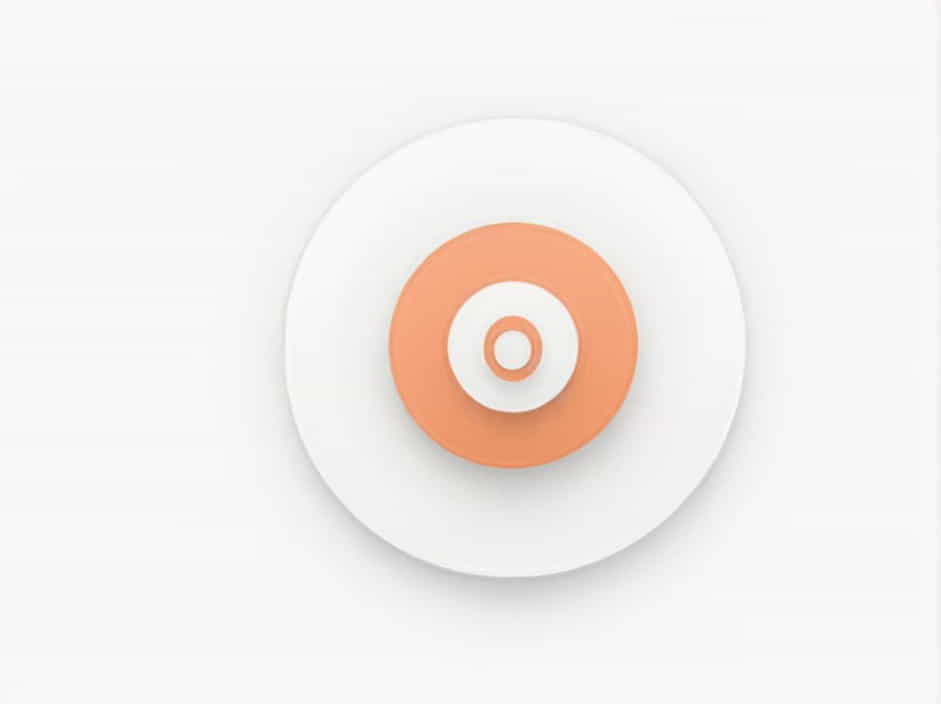The English language has many words to describe different personality traits, and one such word is “priggish.” This term is often used to describe someone who is overly self-righteous, moralistic, or concerned with rules and propriety.
But what exactly does “priggish” mean, and how is it used in conversation and writing? This topic explores the definition, origins, synonyms, antonyms, and examples of the word “priggish” in different contexts.
Definition of Priggish
The adjective “priggish” describes a person who is excessively proper, self-righteous, or critical of others’ behavior, especially in a way that seems arrogant or condescending.
Key Meanings of Priggish:
- Overly concerned with morality or rules.
- Acting superior or self-righteous about manners or behavior.
- Being excessively proper to the point of annoying others.
A priggish person often looks down on others who do not follow the same strict standards of behavior or etiquette.
Etymology: Where Does “Priggish” Come From?
The word “priggish” is derived from “prig,” which originally referred to a self-important or smug person who follows moral or social rules rigidly. The word has been in use since the 17th century and has evolved to describe someone who is not just proper, but excessively so.
Usage of Priggish in Sentences
To better understand how “priggish” is used, here are some examples:
1. Describing People
- He was so priggish about table manners that he made everyone feel uncomfortable.
- Sarah’s priggish attitude made her seem arrogant rather than helpful.
2. Describing Behavior
- The teacher’s priggish insistence on perfection annoyed the students.
- His priggish comments about fashion made him seem judgmental.
3. Describing Social Interactions
- The guests found the host’s priggish tone condescending and unpleasant.
- She spoke in a priggish manner, correcting everyone’s grammar unnecessarily.
Synonyms and Antonyms of Priggish
Synonyms (Similar Words):
- Self-righteous
- Arrogant
- Pompous
- Moralistic
- Uptight
- Snobbish
Antonyms (Opposite Words):
- Humble
- Easygoing
- Open-minded
- Tolerant
- Modest
Why Is “Priggish” Considered a Negative Trait?
While being proper and well-mannered is generally seen as a good thing, being priggish goes too far. It suggests an unpleasant superiority complex that makes others feel judged or uncomfortable.
A priggish person often:
- Corrects minor mistakes in an annoying way.
- Acts as if they are morally or intellectually better than others.
- Strictly follows rules without considering others’ feelings.
How to Use “Priggish” in Everyday Language
Although “priggish” is not a commonly used word in casual conversation, it can be useful in certain situations:
- At work: “His priggish attitude makes it hard to work with him.”
- In casual discussion: “She’s a bit priggish when it comes to grammar.”
- In literature or media: “The character was portrayed as a priggish nobleman.”
Priggish vs. Pompous: What’s the Difference?
Though similar, “priggish” and “pompous” have subtle differences:
- Priggish refers to someone who is overly concerned with morality or rules.
- Pompous refers to someone who is self-important and acts superior.
For example:
- “She was priggish about table manners.” (She was overly strict about proper etiquette.)
- He was pompous about his wealth.” (He acted arrogant because of his money.)
The word “priggish” describes a person who is excessively self-righteous, overly proper, or too focused on rules in a way that seems arrogant. While having good manners is important, being priggish can make social interactions unpleasant.
Understanding the meaning and usage of “priggish” can help you describe such behavior more effectively in both speech and writing.
